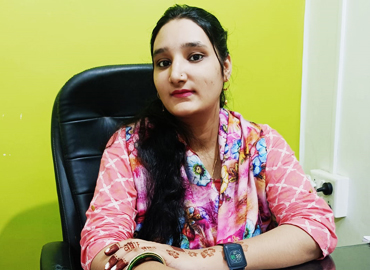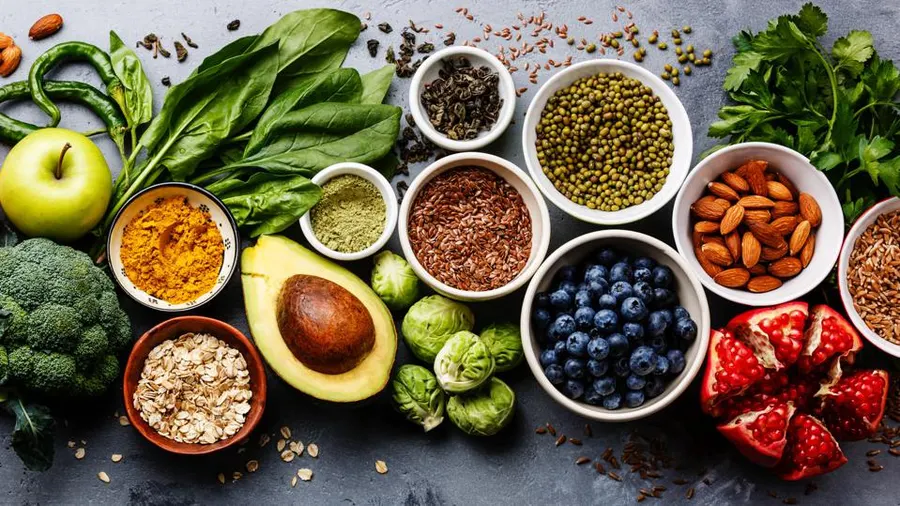Mindful Eating: A perfect diet plan for diabetes in Kolkata
These days, being "mindful" is a trendy term. It entails paying careful attention to exactly what you are engaged in at that precise moment and staying in the present.
Slowing down and savouring your food without overindulging is known as mindful eating. In addition to hunger, many of us overeat for other reasons. We eat because it's our habit or because we're lonely, bored, or tired. Have you ever overindulged in food while using a computer or watching television?
Almost all cultures view eating as a social activity. We often associate eating with comfort and forget that consuming is also necessary for our bodies to receive the nutrients, vitamins, and minerals they need to stay healthy. When we set aside time to enjoy a nutritious and well-balanced meal, whether by ourselves or with loved ones, food can taste even better and be more enjoyable.
Managing numerous medical appointments, diabetes diet consultation in Kolkata and medications, as well as striving to achieve suggested activity and dietary guidelines, is a burden for people with diabetes. Anxiety is an ongoing issue among people with diabetes, particularly when combined with the everyday pressures of juggling work and home obligations.
Up to one-third of adults with diabetes, according to research, report experiencing a variety of negative emotions as a result of their diagnosis, including stress, guilt, dread, nervousness, sadness, and rage. Diabetes distress is another term for this emotion.
Diabetes distress sufferers may also have low self-esteem regarding their ability to control their condition and their general well-being. A person's quality of life can be improved by acknowledging these emotions and taking action to manage them. Mindfulness and meditation are two strategies that help people manage the distress associated with diabetes.
Reducing stress, lowering blood pressure, reducing chronic pain, and enhancing sleep are just a few advantages of mindfulness. Though it takes practice, mindfulness has the potential to change people's lives. For some diabetics, it can be helpful in regaining emotional control with the help of Diabetes Dietitian in Kolkata!
There are constant internal and external cues to eat. There are external cues that tempt us to eat, like the smells that fill the shopping centre and the street, television commercials, and pretty much anything you look at.
A hot chocolate sundae to celebrate a success or an entire pizza to eat, because you're depressed, are examples of either joyful or sorrowful events that can serve as internal cues. You can undoubtedly recall a plethora of personal examples.
Here are some pointers to assist you in developing mindful eating habits. The main takeaway is to chew your food thoroughly, slow down, and savour every bite. You'll feel fuller and consume less food.
Do I feel hungry?
· Keep an eye out for the actual bodily indicators—such as headaches, irritability, and a sense of being empty—that indicate your hunger.
· Since the stomach is a powerful emotional sense organ, DO NOT use it to gauge hunger.
· Have a meal at a table and take your time.
· Savour your meals and stay away from electronic devices like TVs and computers. During meals, turn off the computer and TV!
· Savour meals with your loved ones or on your own.
Go more slowly with the help of a diabetes dietician
· Make sure to take a mindful bite of every meal, including the first one, and every different food item.
· Where was the food produced?
· To get that food on your table, how many people worked?
· Consider both the colour and the shape.
· Sensate your mouth's texture.
· Savour the sensation of flavours filling your mouth: salty, sweet, sour, and creamy.
Consume only foods you enjoy
· Eat nothing just because it's there.
· Have no qualms about leaving certain items on your plate.
· You are the sole individual who will suffer from overeating; once the meal is on the table, no one else will go hungry because you didn't eat it.
Keep in mind that it needs your brain roughly 20 minutes to register that your stomach is full
· Aim to consume your meal over a minimum of 20 minutes.
· Go for a stroll. Every hour at the very least, get up and stretch.
· Feel as though you're hungry, but you're not? Pour yourself a mug of water or make yourself a hot beverage of tea.
· Recognize the kind of external cue that could be deceiving you.
· For ten minutes, lie down, close your eyes, and perhaps take a nap. When tired, people make bad dietary decisions.
· Inhale deeply, present-mind yourself, and concentrate on your true desires.
· Make meals for your family and yourself. Even if all that entails is organising healthfully portioned convenience foods. Remember to include the veggies!
· Cooked meals are more affordable, have a better flavour, are healthier, and allow you to customise the spices and flavours to your liking.
How to include eating in a more mindful manner with the best diabetes diet plan:
Reduce speed
It takes your brain almost 20 minutes to register a full stomach, so it's actually better to take your time eating. Take a seat at a table and chew your food slowly and thoughtfully, away from distractions like TV or electronics.
Eat only in response to hunger
Everywhere you look, there is temptation, and it's simple to give in to the urge to eat. Perhaps a treat on the job or an advertisement for a particular food made you want it, but resist the urge to snack. You'll be shocked at how frequently your gut is not hungry but your mind is. Give in to the bodily signals of hunger.
Consume what you love
Giving up your favorites could set you up for failure; food doesn't have to be classified as good or bad. Nonetheless, exercise moderation when selecting foods that might be considered somewhat more of a luxury, and allow yourself to truly take pleasure in what you eat. The Diabetes Food Hub offers nutritious versions of your favourite foods as well as recipe ideas.
Establish a nutritious diet
The American Diabetes Association suggests eating less animal protein and more fruits and vegetables in your diet plan if you're looking for a healthier way to eat. Plant-based diets, DASH diets, and the Mediterranean diet are examples of diets that fit into this category.






